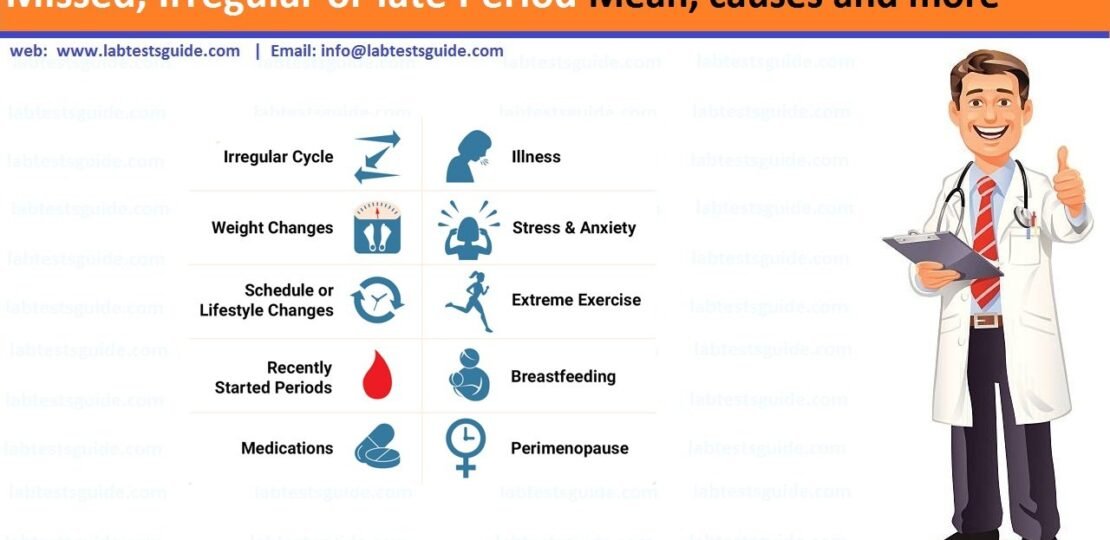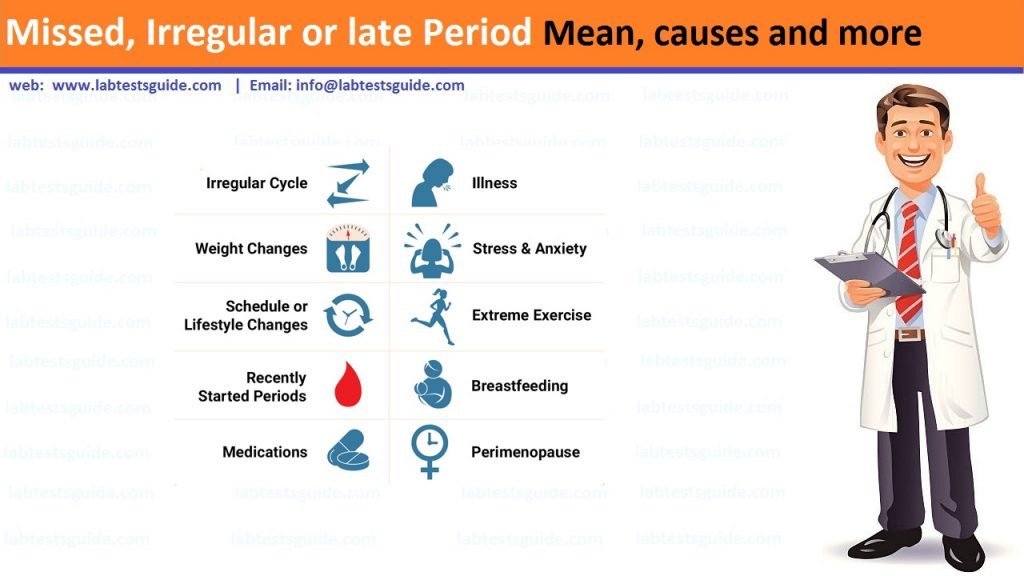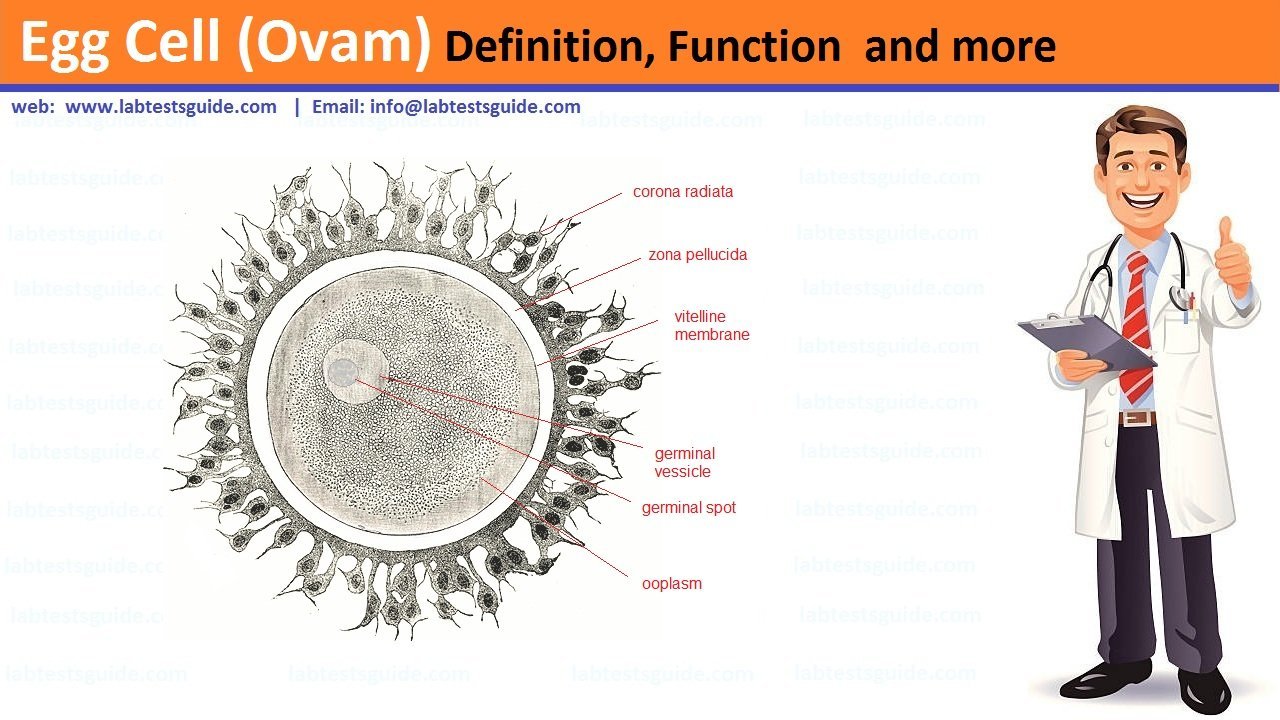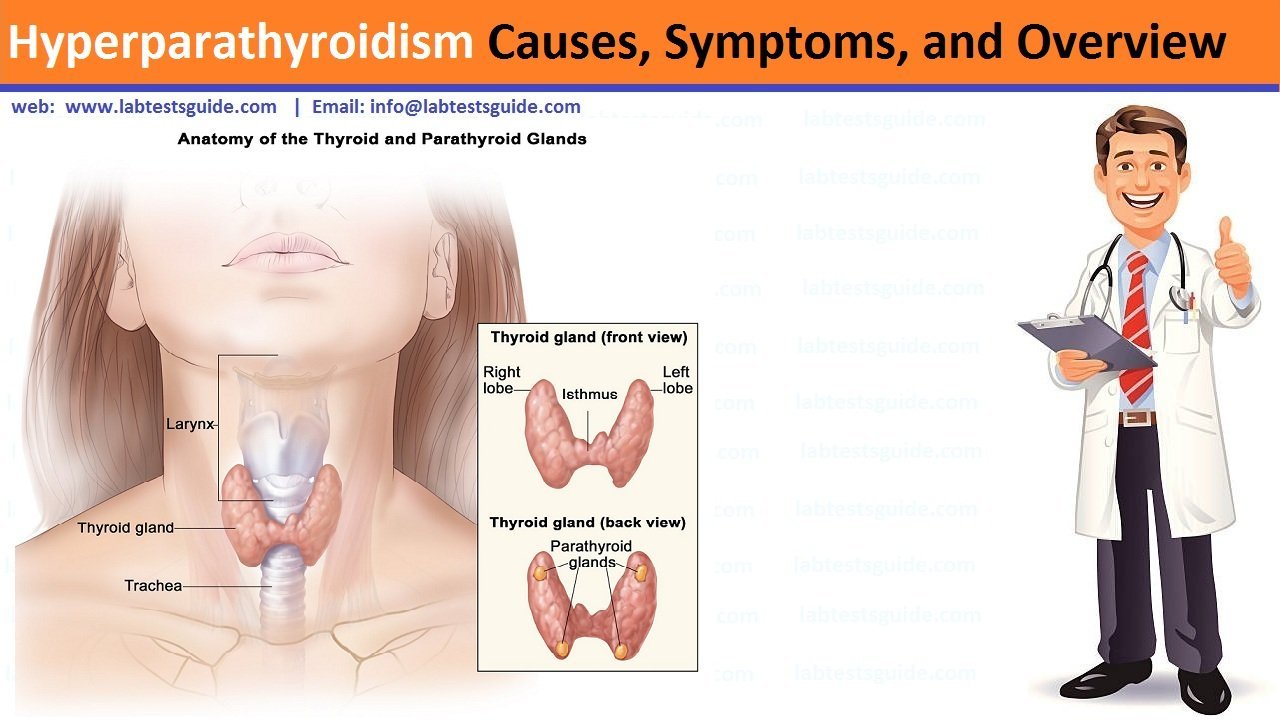
A missed period is one of the earliest symptoms of pregnancy (and maybe the most classic one). However, a missed period doesn’t necessarily mean you’re pregnant, especially if your cycle tends to be irregular.

Worried about a late period, but know you’re not pregnant? Missed or late periods happen for many reasons other than pregnancy. Common causes can range from hormonal imbalances to serious medical conditions.
Why Is My Period Late/Missed/Irregular: 8 Possible Reasons
1. Stress
Stress can throw off your hormones, change your daily routine, and even affect the part of your brain responsible for regulating your period — your hypothalamus. Over time, stress can lead to illness or sudden weight gain or loss, all of which can impact your cycle.
2. Low body weight
Women with eating disorders, such as anorexia nervosa or bulimia, may experience missed periods. Weighing 10 percent below what’s considered a normal range for your height can change the way your body functions and stop ovulation. Getting treatment for your eating disorder and putting on weight in a healthy way can return your cycle to normal. Women who participate in extreme exercise such as marathons may stop their periods as well.
3. Obesity
Just as low body weight can cause hormonal changes, so can being overweight. Your doctor will recommend a diet and exercise plan if they determine that obesity is a factor in your late or missed periods.
4. Polycystic ovary syndrome (PCOS)
Polycystic ovary syndrome (PCOS) is a condition that causes your body to produce more of the male hormone androgen. Cysts form on the ovaries as a result of this hormone imbalance. This can make ovulation irregular or stop it altogether.
5. Birth control
You may experience a change in your cycle when you go on or off birth control. Birth control pills contain the hormones estrogen and progestin, which prevent your ovaries from releasing eggs. It can take up to six months for your cycle to become consistent again after stopping the pill. Other types of contraceptives that are implanted or injected can cause missed periods as well.
6. Chronic diseases
Chronic diseases such as diabetes and celiac disease also can affect your menstrual cycle. Changes in blood sugar are linked to hormonal changes, so even though it’s rare, poorly controlled diabetes could cause your period to be irregular.
7. Early peri-menopause
Most women begin menopause between ages 45 to 55. Women who develop symptoms around age 40 or earlier are considered to have early peri-menopause. This means your egg supply is winding down, and the result will be missed periods and eventually the end of menstruation.
8. Thyroid issues
An overactive or underactive thyroid gland could also be the cause of late or missed periods. The thyroid regulates your body’s metabolism, so hormone levels can be affected as well. Thyroid issues can usually be treated with medication. After treatment, your period will likely return to normal.
When to see Doctor :
If you have the following symptoms, contact a doctor right away:
- unusually heavy bleeding
- fever
- severe pain
- nausea and vomiting
- bleeding that lasts longer than seven days
- bleeding after you’ve already entered menopause and had not periods for a year
Related Articles:
RELATED POSTS
View all


